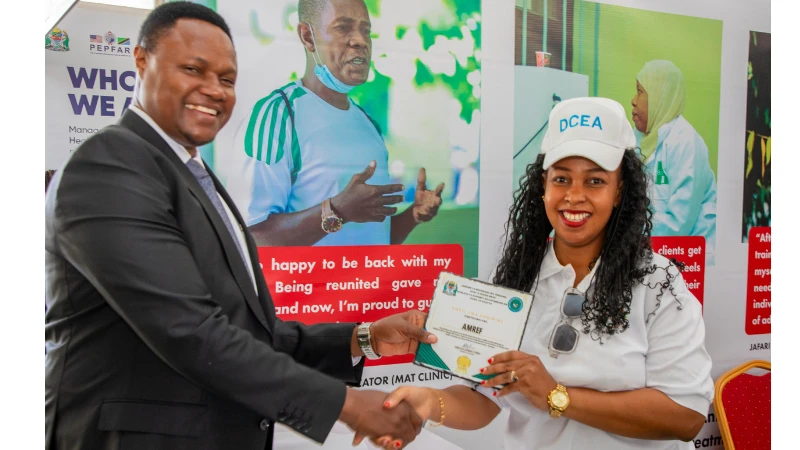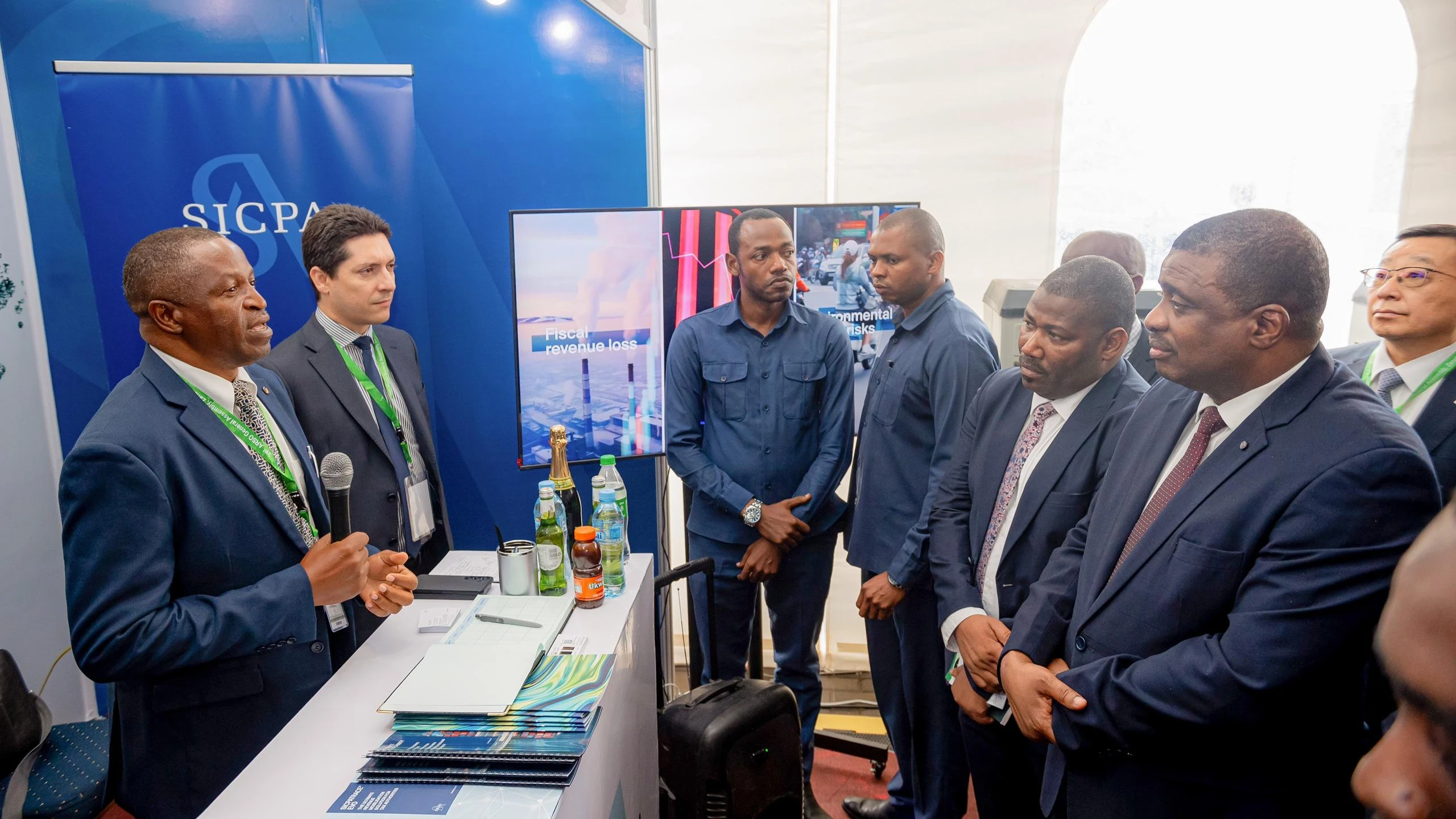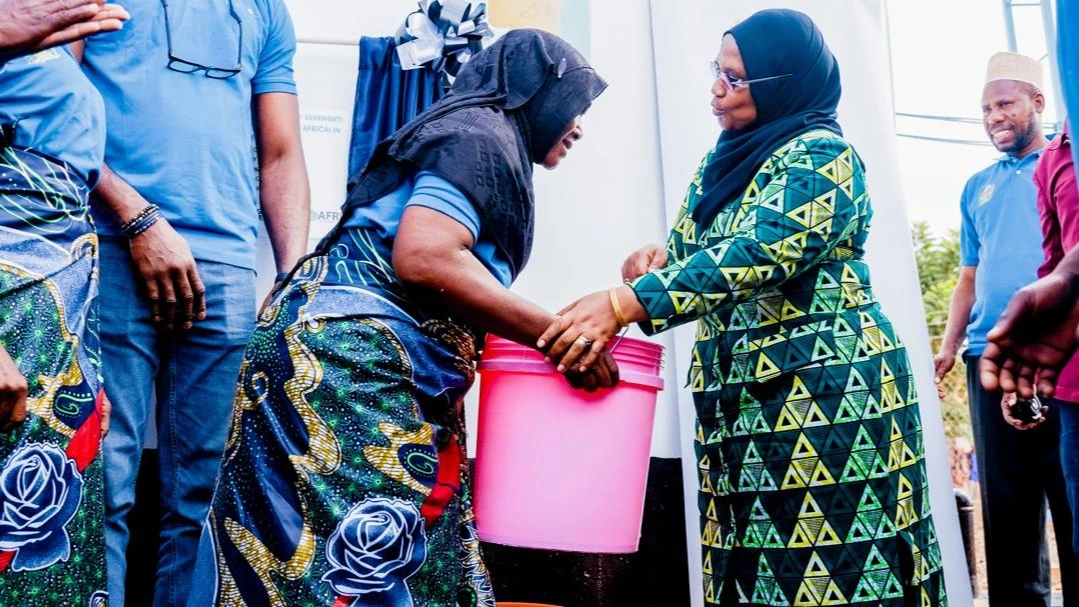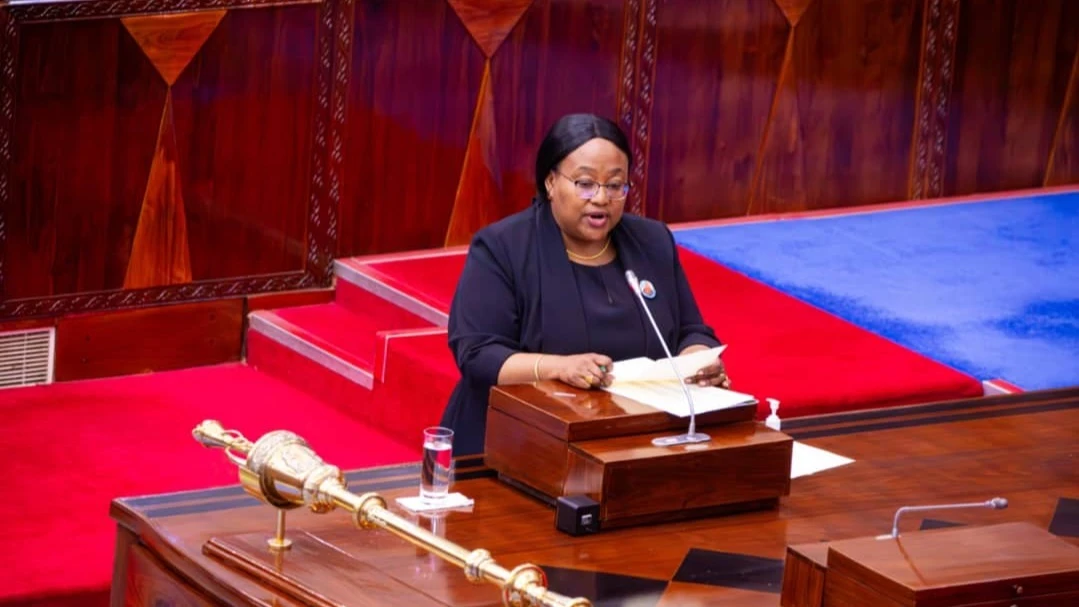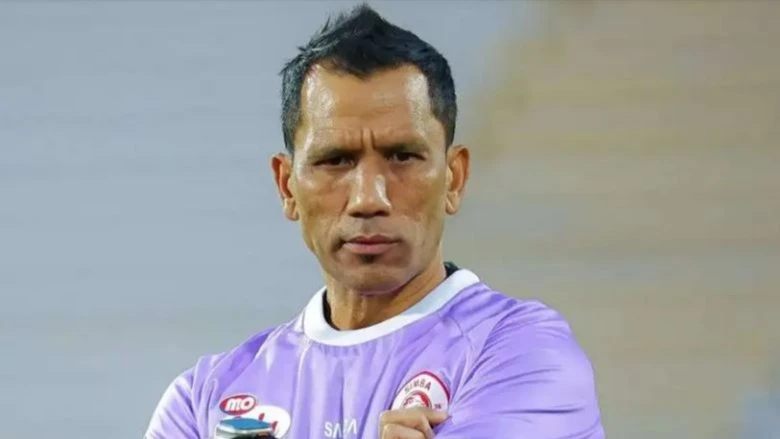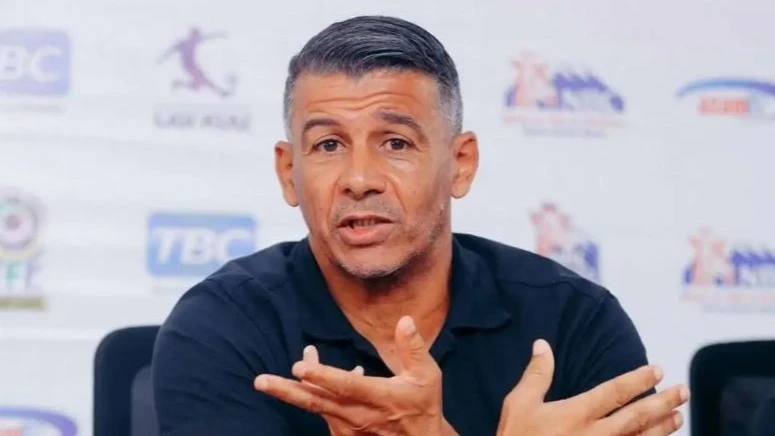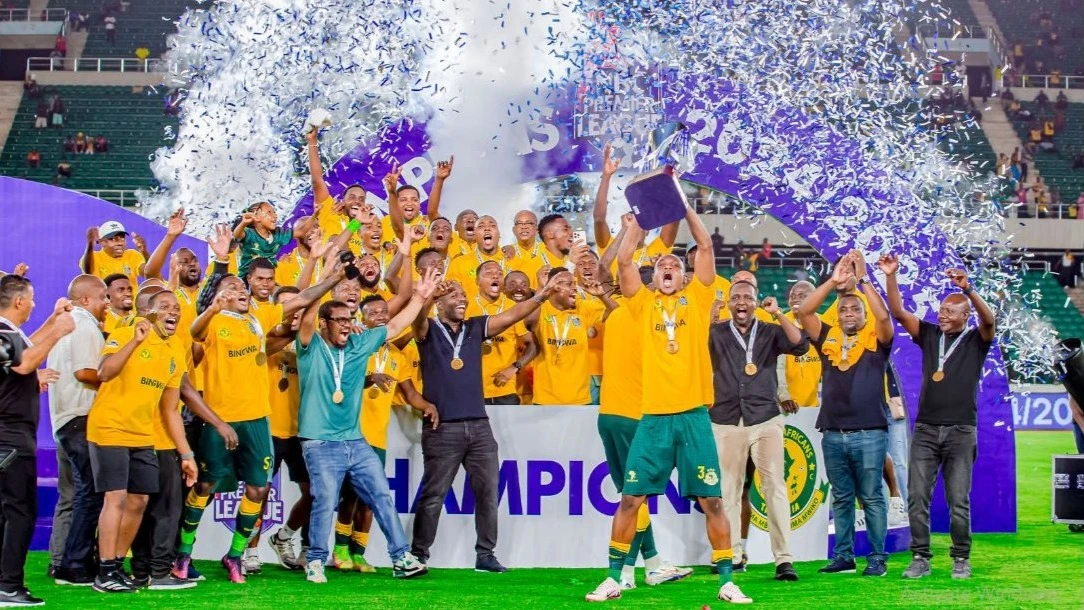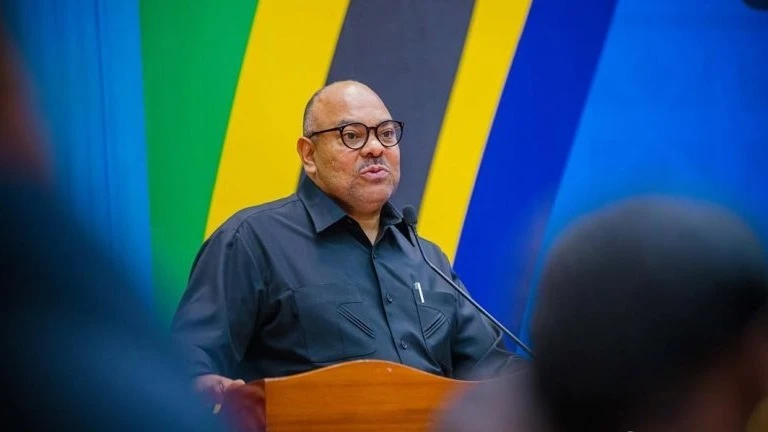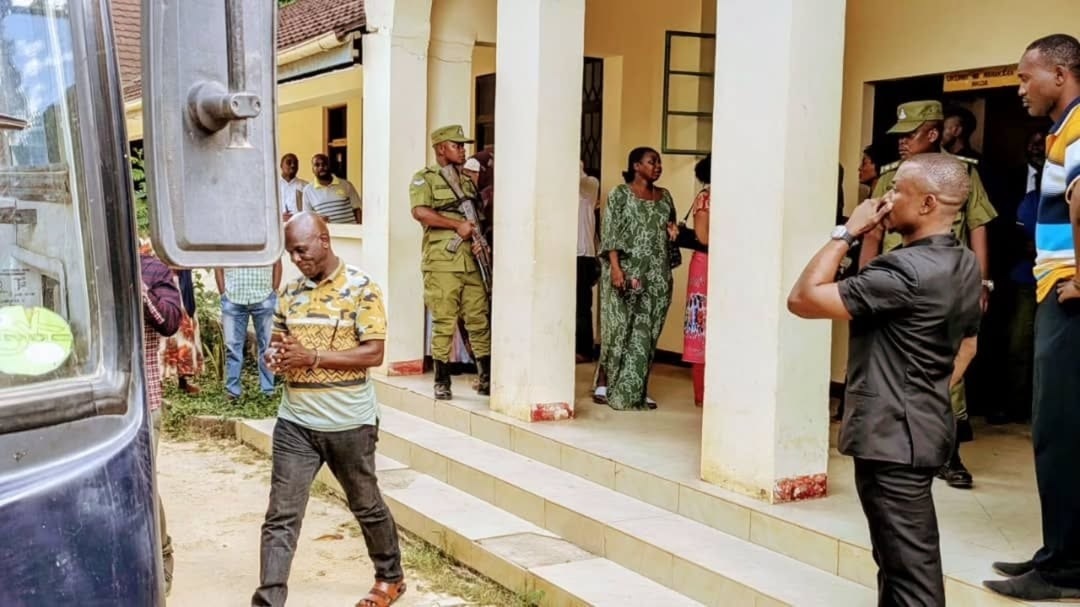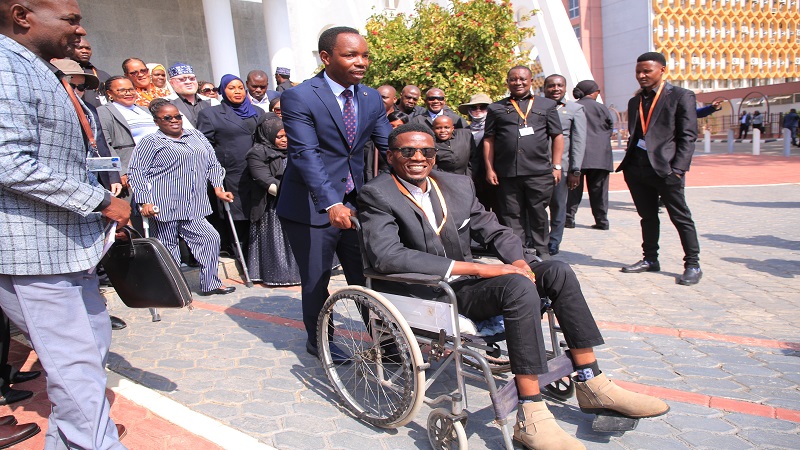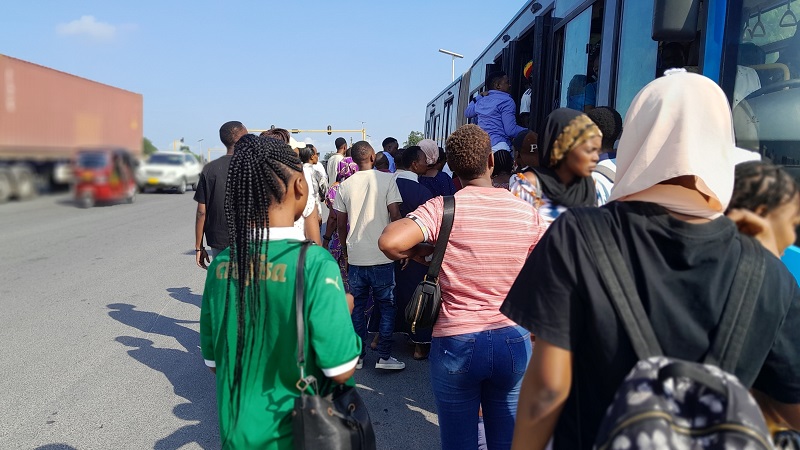Young women in Zanzibar are shaping the future of technology
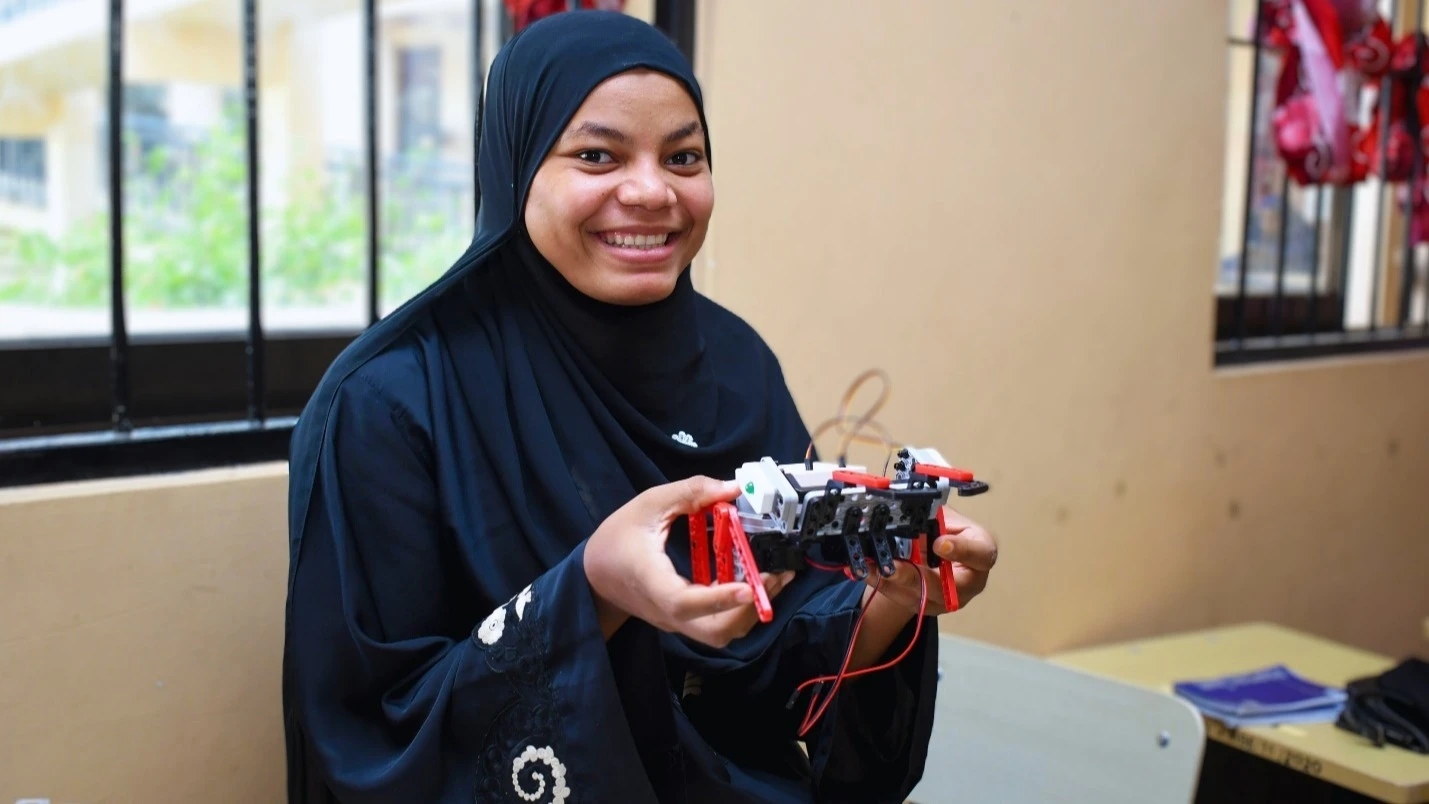
EVERY fourth Thursday of April, the world comes together to celebrate achievements of young women and girls during the International Day of Women and Girls in ICT.
While it appears on our calendars just once a year, the inspiring journeys of young Tanzanian women remind us why this celebration must continue every day, until every girl can fully claim her place in the digital world.
Turning tech dreams into reality
Mulhat Abdalla Juma from Pemba Island, would stand outside her family’s home as a child, watching airplanes carve silent paths across the sky. To most in her village, those distant machines were little more than dots disappearing into the clouds. To Mulhat, they were possibilities.
“I used to wonder how they worked, how they stayed up there,” she recalled. “It made me believe anything was possible if you learned how to build it.”
Today, at 22 years old, Mulhat is pursuing a degree in Aircraft Maintenance Engineering and, more recently, learning the language that powers not only planes but much of the modern world - code.
Early in 2025, Mulhat received a WhatsApp message from a friend about a coding camp organized by UN Women and the government under the African Girls Can Code “Binti Dijitali” Initiative (AGCCI).
She quickly submitted her application and, soon after, learned that she had been accepted into the programme, set to join a class of 50 girls from across Zanzibar at the end of February.
At the AGCCI coding camp, Mulhat’s passion for technology deepened as she was introduced to new subjects like web development and artificial intelligence. She also developed her first mobile app, EDUSIGN, designed to translate speech into text and vice versa, empowering deaf and mute students to access higher education.
With recent statistics showing that women make up only 18% of STEM professionals and are 13% less likely to own a mobile phone, Mulhat’s story further shines a spotlight on the critical importance of investing in women and girls’ digital skills, especially in rural areas, where access to technology remains a challenge.
According to Mulhat, this is further compounded by limited access to digital tools, financial constraints, cultural stereotypes, and a shortage of female role models.
“Many schools, especially in rural areas, lack proper infrastructure to support digital learning,” she said, “but fortunately, we are seeing significant positive changes.”
These changes are supported by Tanzania’s new Education and Training Policy launched in 2025, which emphasizes the integration of ICT and digital technologies into the curriculum and teaching methods.
Today, Mulhat’s ambitions have grown beyond repairing aircrafts. She dreams of bridging aviation and technology, exploring areas like drone systems, aviation software, and digital integration.
"AGCCI coding camp was a catalyst for personal growth," she said. "It expanded my possibilities and gave me the tools to make a meaningful impact on technology."
Harnessing technology
At 25, another “Binti Dijitali” participant, Lucia Masunga Mwanzalima, is the youngest of four children and the first in her family to attain higher education. Today, she volunteers as a Livestock Officer at FarmBase Ltd., where she focuses on promoting sustainable farming practices and improving animal health.
After completing her secondary education exams, Lucia enrolled in a short computer course while waiting for her results. As she built her skills, family members and neighbors soon began seeking her help setting up email accounts, fixing phones, and connecting to social media platforms - and her passion for ICT was born.
“At first, I thought technology was just using Word and Facebook," she said, laughing. "I didn’t know it could build the future."
During the AGCCI coding camp, Lucia reflected on her experiences working with livestock farmers who often needed urgent help while the nearest veterinarian was hours away and developed a concept for a web application that connects farmers with veterinarians, providing rural communities with faster access to animal health services and critical agricultural information.
"Helping my community, learning coding, and seeing farmers struggle to get help made me want to build technology that makes life easier for them," she said.
Lucia dreams of using her skills to create even more tech-driven solutions in agriculture and rural development.
Technology as a catalyst for equality
For both Mulhat and Lucia, programs like AGCCI are essential to driving forward development and inclusion.
"For me, joining African Girls Can Code is not just about learning to code," Mulhat explained. "It's about being part of a movement shaping the future of women in the country and beyond."
Lucia agrees, adding, "By giving women and girls access to technology, digital skills, and leadership opportunities, these programs remove barriers and empower us to become creators and leaders in the digital world, bringing us closer to a future of true gender equality.”
Both young women hope to see a growing number of programs, role models, and opportunities emerging for girls today. “With continued support, even more girls will join the ICT field, create innovative solutions, and become leaders in technology,” Lucia said.
The African Girls Can Code Initiative (AGCCI) is implemented by UN Women in collaboration with the Ministries of Gender, ICT, and Education in Mainland Tanzania and Zanzibar, the African Union Commission, and the International Telecommunication Union, with support from the Government of Belgium. The programme targets girls and young women aged 17 to 25, equipping them with coding, digital literacy, and leadership skills to thrive in a rapidly evolving digital economy.
Top Headlines
© 2025 IPPMEDIA.COM. ALL RIGHTS RESERVED











